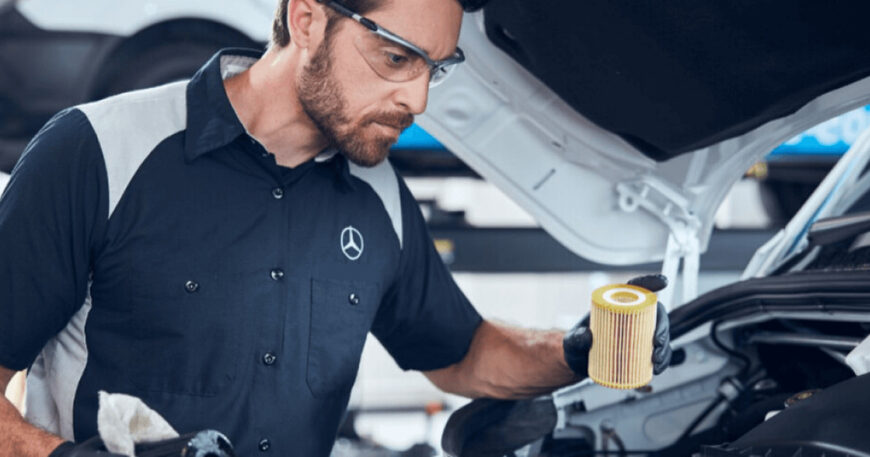
Why it’s important to follow a car maintenance schedule
Regular maintenance (MOT) of a car is the key to its reliability, safety and durability. Compliance with the regulations allows you to promptly identify and eliminate potential malfunctions, which helps to avoid serious breakdowns and costly repairs. In this article, we will consider which vehicle components require regular maintenance, what consequences are possible if the MOT schedule is not followed and why you should contact a professional service. What is scheduled maintenance Scheduled maintenance is a set of measures aimed at maintaining the serviceability of the vehicle in accordance with the manufacturer’s recommendations. The MOT schedule is determined based on the mileage, age of the vehicle and operating conditions. It includes replacement of consumables, diagnostics of the main systems and preventive maintenance. The main elements of the car that require regular maintenance Changing oil and filters Engine oil plays a key role in lubricating and cooling the engine. Its untimely replacement can lead to overheating and increased wear of parts. In addition to oil, it is important to replace the oil, fuel, air and cabin filters. Checking and servicing the brake system The brake is one of the most important safety elements. Regularly checking the condition of the brake pads, discs and brake fluid level helps prevent emergency situations. Checking and replacing fluid levels The main operating fluids include: coolant, brake fluid, transmission oil, power steering fluid. Their condition and level must be monitored, and if necessary, replaced according to the regulations. Chassis diagnostics The chassis of the car (shock absorbers, ball joints, bearings, steering rods) is subject to significant loads. Regular maintenance will help to avoid premature wear of parts and ensure comfortable control. Ignition system and electronics Modern cars are equipped with complex electronic systems that also require regular diagnostics. Checking the condition of the battery, spark plugs, generator and starter will help to avoid problems with starting the engine. What are the possible consequences of not following the maintenance schedule? Ignoring the maintenance schedule can lead to serious problems: reduced performance and fuel efficiency, accelerated wear of the main units, risk of breakdown on the way, expensive repairs in the future, reduced safety for the driver and passengers. In addition, if the car is used in difficult conditions (for example, frequent off-road driving, sudden temperature changes, city driving with frequent stops), the period between maintenance should be reduced. How often should maintenance be performed depending on mileage The frequency of maintenance depends on the car manufacturer, but the general recommendations are as follows: Every 10,000–15,000 km – basic maintenance (oil change, filter change, diagnostics); Every 30,000–40,000 km – check the brake system, suspension, steering; Every 60,000 km – replace the timing belt, coolant, spark plugs; Every 100,000 km – comprehensive diagnostics of the main components. Why is it better to choose a professional service for maintenance? Contacting a certified car service guarantees: use of original spare parts and high-quality consumables, accurate diagnostics using modern equipment, performance of work in accordance with the manufacturer’s regulations, Maintaining your vehicle warranty. Additional recommendations for drivers Keep a service book or electronic maintenance log to access your entire maintenance history. If you notice unusual sounds, vibrations, or warning lights on your dashboard, don’t wait for a scheduled maintenance, get your vehicle diagnosed as soon as possible. During maintenance, pay attention not only to the replacement of consumables, but also to the condition of the body, glass and headlights – timely elimination of minor damage will prevent large costs in the future. Compliance with the maintenance schedule is the key to safety, saving money and extending the service life of your car. Regular maintenance will help to avoid unexpected breakdowns and will make driving comfortable and reliable.




























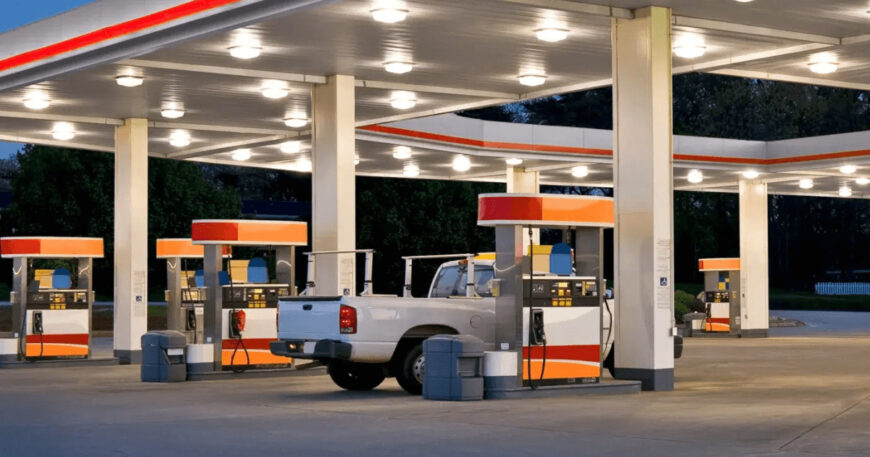
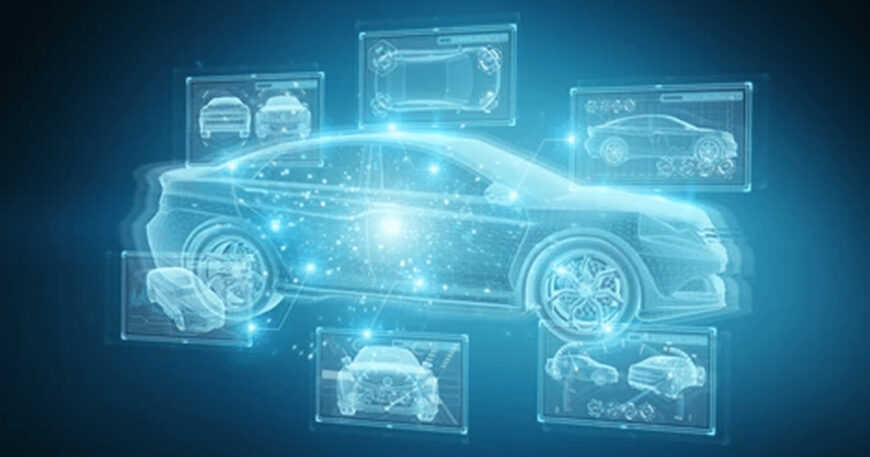
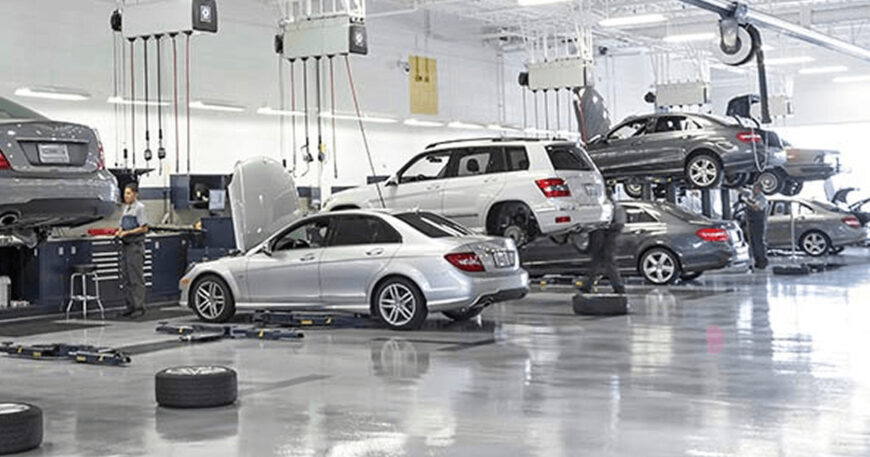

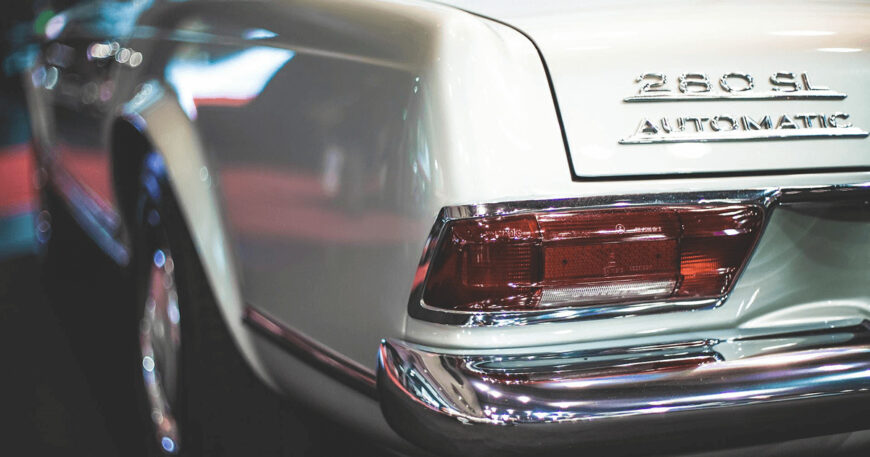







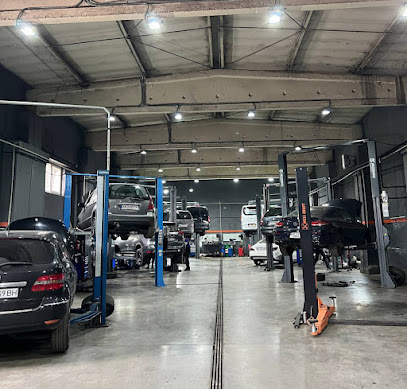
 Request a Call
Request a Call  Plot Route
Plot Route  Reviews on Google
Reviews on Google